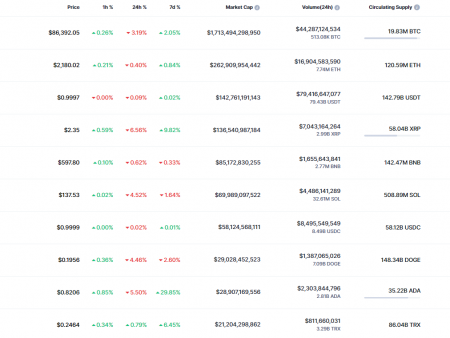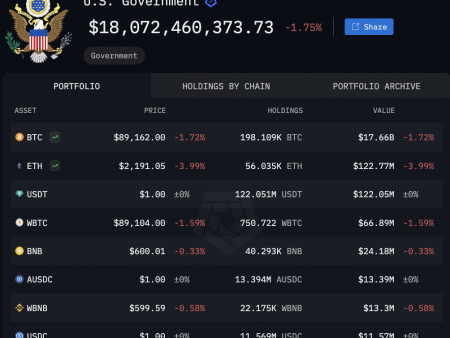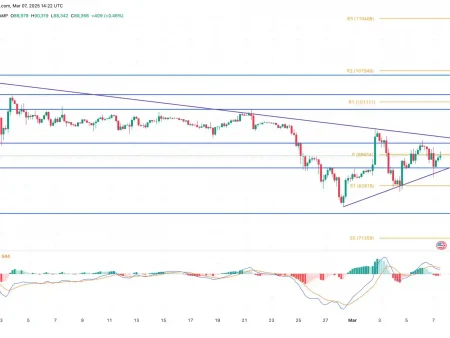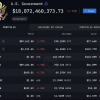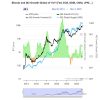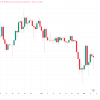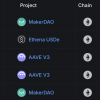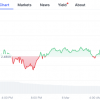Kraken co-founder Jesse Powell slammed the US Securities and Exchange Commission following new charges against the cryptocurrency exchange, highlighting current tensions between the cryptocurrency industry and regulatory bodies.
In a recent escalation of the ongoing conflict between crypto exchange Kraken and the US Securities and Exchange Commission (SEC), Kraken co-founder Jesse Powell has thrown out a fervent criticism of the regulatory body.
Calling the SEC “America’s biggest slowdown” and accusing it of hindering progress, Powell underscores a deeper clash between the burgeoning crypto industry and traditional regulatory frameworks.
The SEC’s allegations against Kraken are substantial, alleging that the exchange has been operating as an unregistered stock exchange, broker, trader, and clearing agency. Kraken has also been accused of commingling client assets with company funds.
The charges raise serious questions about the integrity and operational practices within Kraken, following a $30 million fine paid by the company to resolve previous SEC charges.
Powell’s response, while fierce, appears to reflect a broader sentiment in the crypto community about regulatory overreach. His claim that the SEC’s actions are a form of extortion, with a potential legal battle costing more than $100 million, speaks to the perceived power imbalance between regulatory bodies and crypto entities.
While Powell’s frustration with the perceived regulatory “war zone” in the United States is understandable, dismissing regulatory concerns may not be in the best interest of protecting consumers and ensuring market integrity.
The SEC’s classification of cryptocurrencies like Cardano (ADA), Algorand (ALGO), Cosmos (ATOM), and Solana (SOL) as securities, for example, touches on the complex and still-evolving discourse on how best to categorize and regulate cryptocurrencies. digital assets. .
